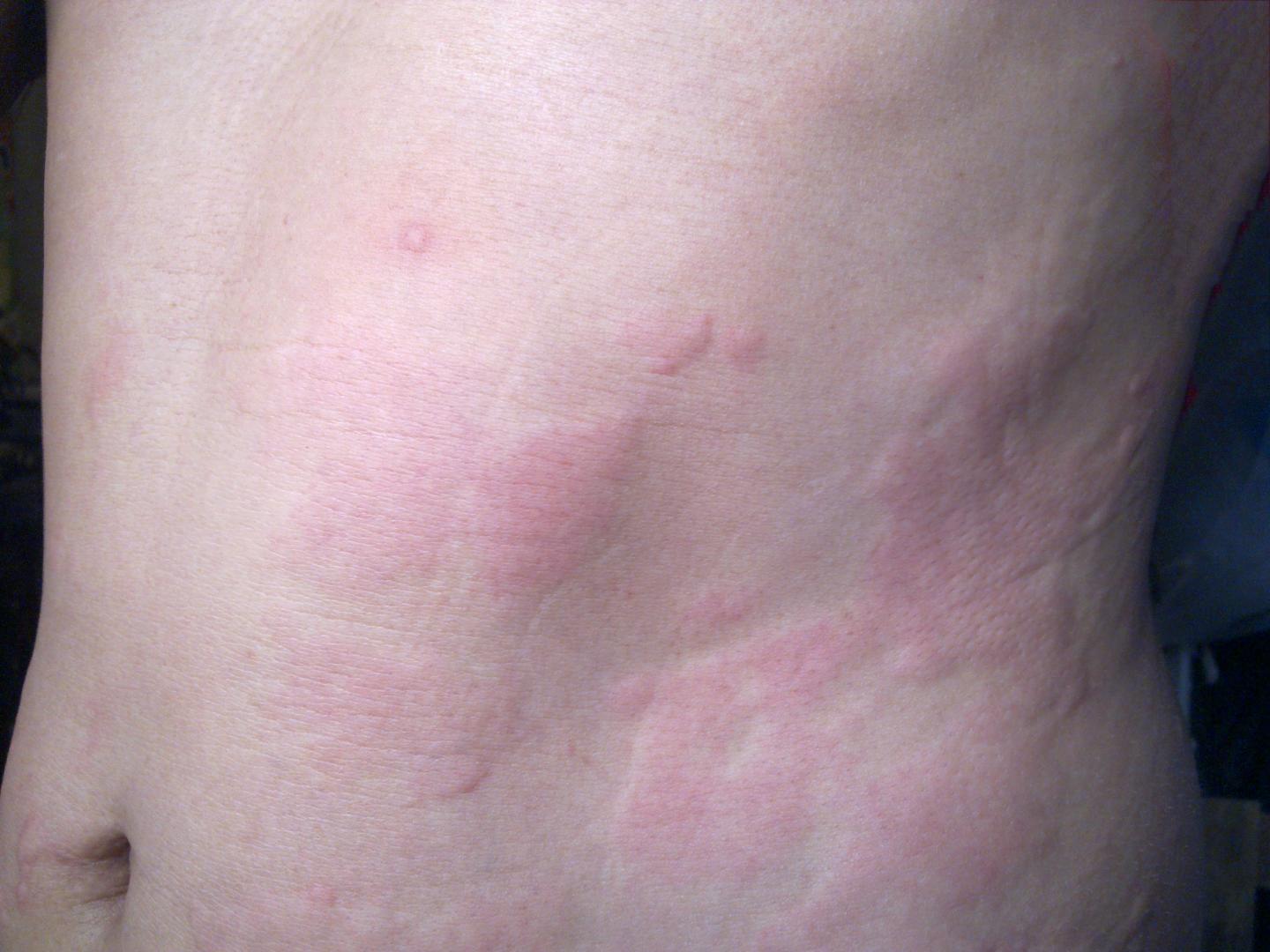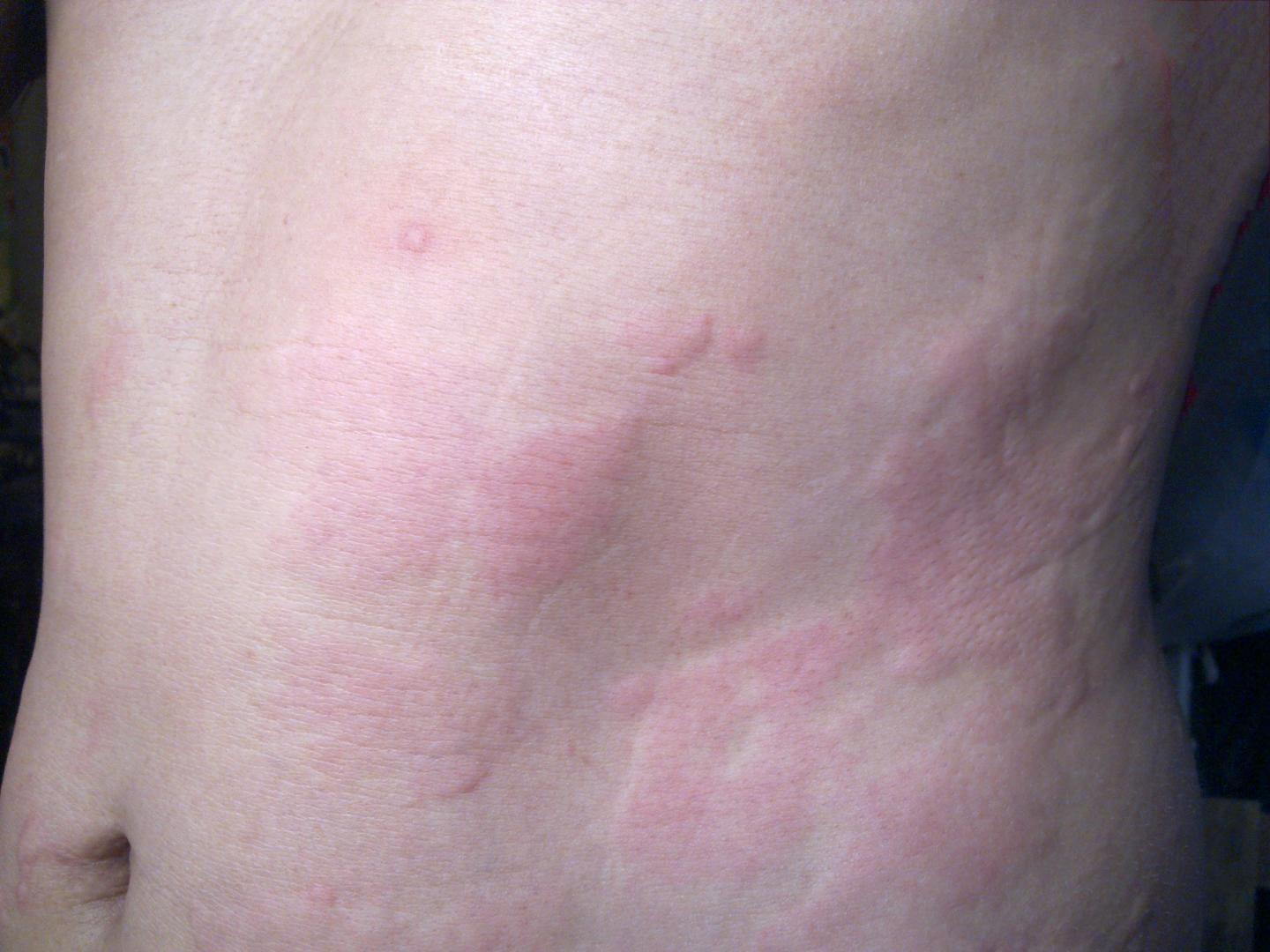
Credit: American College of Emergency Physicians
WASHINGTON — Despite standard use for the itching associated with urticaria (commonly known as hives), prednisone (a steroid) offered no additional relief to emergency patients suffering from hives than a placebo did, according to a randomized, placebo-controlled, double-blind, parallel-group study published online yesterday in Annals of Emergency Medicine ("Levocetirizine and Prednisone Are Not Superior to Levocetirizine Alone for the Treatment of Acute Urticaria: A Randomized Double-Blind Clinical Trial").
"Prednisone is a strong and great drug for certain problems, but it is no better than antihistamine treatment for patients who are itching with hives," said lead study author Caroline Barniol, MD, of the Centre Hospitalier Universitaire in Toulouse, France. "The antihistamine levocetirizine alone achieved full itching relief within 2 days for 76 percent of patients. With the addition of prednisone, the relief scores were actually worse."
At 2-day follow-up, 62 percent of patients treated with levocetirizine (an antihistamine) and prednisone had an "itch score" of 0, while 76 percent of those in the placebo group (levocetirizine and placebo) had an itch score of 0. Thirty percent of patients in the prednisone group and 24 percent in the placebo group reported relapses.
Acute urticaria, or hives, is a fairly common presentation in the emergency department. Itching is frequently associated with hives and can interfere with daily activities and sleep. International guidelines published in 2013 stated that a short course of oral corticosteroids may be helpful to reduce disease duration for acute hives. Prednisone is commonly prescribed in the emergency department to treat them, along with antihistamines.
"Despite the evidence that second-generation H1-antihistamines treat acute urticaria without disturbing side effects, many physicians believe that corticosteroids are still the most effective treatment to obtain rapid symptom relief," said Dr. Barniol. "Our results do not support the addition of corticosteroid to antihistamines as a first-line treatment of uncomplicated acute hives. Even if short-term treatment with corticosteroids does not cause clinically significant toxicity, recurrent or long-term treatment may have deleterious effects."
###
Annals of Emergency Medicine is the peer-reviewed scientific journal for the American College of Emergency Physicians, the national medical society representing emergency medicine. ACEP is committed to advancing emergency care through continuing education, research, and public education. Headquartered in Dallas, Texas, ACEP has 53 chapters representing each state, as well as Puerto Rico and the District of Columbia. A Government Services Chapter represents emergency physicians employed by military branches and other government agencies. For more information, visit http://www.acep.org.
Media Contact
julie lloyd
[email protected]
202-370-9292
@emergencydocs
http://www.acep.org
Original Source
http://newsroom.acep.org/news_releases?item=122831 http://dx.doi.org/10.1016/j.annemergmed.2017.03.006





